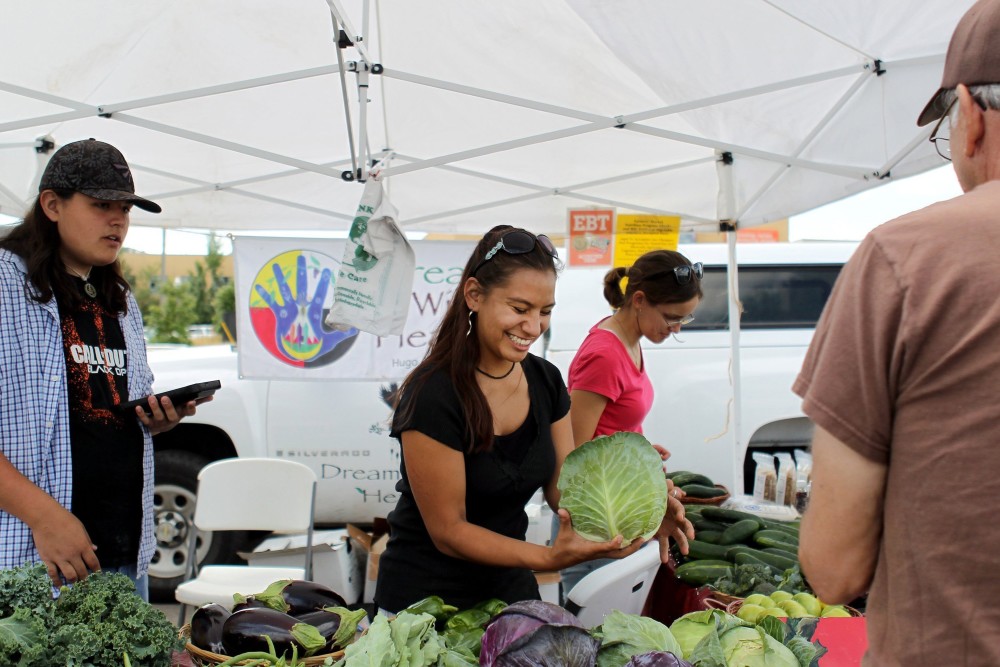By Paul Stephen
Star-News, Wilmington, N.C.
As our overtaxed sinuses can attest, spring has arrived. Which also means that area farmers markets are beginning to heat up, with fresh produce from across the region available for customers to peruse and purchase.
But that abundant array of cookies, cakes and other confections doesn’t just spontaneously appear alongside the lettuces and leeks. Bakers have to leap through numerous hoops in order to peddle their goods.
“I don’t think anyone has any idea just how intense it is,” said Casey Roman, owner of the recently founded Rebel Baking Co. “I figured to get a table you just showed up with brownies and a smile.”
If Roman’s name sounds familiar, that’s because you’ve seen her on the nightly newscast at WECT. A TV reporter by day, she spends her downtime wrestling with wheat. She’s also one of numerous statewide entrepreneurs taking advantage of so-called “cottage industry” laws in North Carolina to launch her fledgling business, which will debut at the Carolina Beach Farmers Market on May 17.
While Joan Sims, Food Compliance Supervisor with the state’s Department of Agriculture, doesn’t have exact numbers, she feels comfortable attributing a growth in home-based production efforts to a steady expansion of farmers markets. Sims noted that two part-time inspectors were brought on exclusively to work with businesses like Roman’s.
Passing muster requires everything from facility fundamentals like proper lighting and an absence of pets to minute details including precisely measured recipes and corresponding labels that spell out every last gram of ingredients by weight. A business plan, production workflow and list of suppliers must also be provided.
“I have a serrated knife, and sometimes I cut a sandwich with it and other times I level a cake with it. So I had to spend $15 on a new knife,” Roman said. “There will never be a pot on the stove for dinner while I’m baking pretzels. That’s a big no-no.”
It’s not just pastry chefs who have to dance for regulators. My Porch Dawg co-owner A.J. LeBret’s dog biscuits have been analyzed in an N.C. State University laboratory. Tarheel Beef owner Ron Koster’s rib eyes and lamb shanks all sport a U.S. Department of Agriculture stamp.
“I have three levels of inspection,” Koster said. “In all honesty, the product certifications in this country exceed any around the world.”
And that’s just the first straw, a preliminary step entrepreneurs need to hang a shingle to begin with. Most farmers markets have a board that approves new vendors, in addition to myriad other administrative duties, and they’re the ultimate gatekeepers.
Kevin Emma, owner of Carolina’s Peanuts in Hampstead, serves on the long-running Poplar Grove Farmers Market board.
“Every year I have more people asking me how to get in. My feeling is, unfortunately, you have to keep it pretty tight,” Emma said. “If you get too many vendors, even if they’re selling different stuff, it spreads the money too thin.”
Despite the hurdles, you won’t hear Roman complaining. For her and other participants, keeping the process stringent can only help her business.
“I do think there should be some barriers to entry. You don’t want five people selling cupcakes,” she said. “When you have to go through all this, absolutely everyone there is thrilled and determined to be there.”














































































































































































































































































































































































